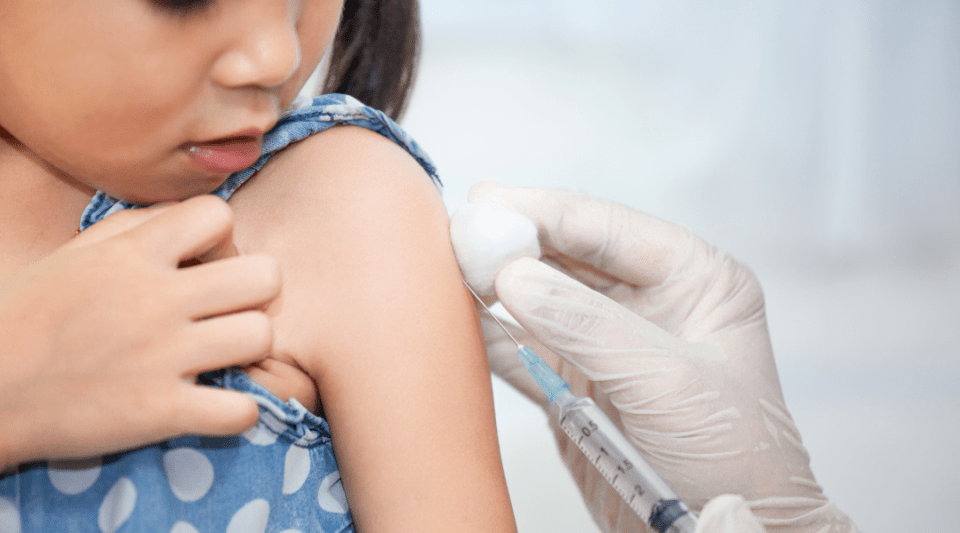Measles could be eliminated through mass vaccination. An example of this is the Region of the Americas (WHO health region comprising countries such as Mexico, the United States, Central America and the Caribbean). Thanks to high vaccination coverage, this region was declared free of endemic measles in 2016. Unfortunately, and coinciding with a decline in vaccination coverage, outbreaks have been reported again since 2018. In recent years, there has been a steady increase in cases, both in this region and other parts of the world.
In Spain, the number of outbreaks has also increased, with over 100 cases diagnosed in the first months of 2025 alone. Achieving herd immunity, a situation where the levels of vaccinated people are high enough to prevent the virus from circulating, is possible. But to achieve this for a disease as contagious as measles, at least 95% of the population need to be properly vaccinated. This percentage has not currently been reached in many parts of the country.
There is no specific treatment for measles, but there is a vaccine, known as the “MMR vaccine” (which protects against measles, rubella and mumps). This vaccine is given as part of the childhood immunisation schedule at 12 months and 3-4 years of age. In Catalonia, this vaccine has been administered since the 1980s and has proven to be safe and effective. The vaccine trains our immune system to produce antibodies against the infection without actually having the disease. This protects against measles in more than 95% of cases, after receiving the two doses.
The virus spreads through tiny droplets suspended in the air when an infected person talks, coughs or sneezes. It causes dry cough, fever, tiredness, stuffy nose and sore, red eyes. Small white-red spots (Koplik's spots) may also appear inside the mouth. Over the next few days, a rash (red spots on the skin) appears, starting on the face and spreading to the rest of the body. It disappears in about 2 weeks.
Although most people overcome the infection without problems, about one in ten cases develop complications. These can range from ear infection (otitis), to diarrhoea and pneumonia (which is the most common cause of death from measles in children). Although very rare, some complications are even more severe, such as inflammation of the brain or its protective membrane (meningoencephalitis). Children, especially those under one year of age, people with a weakened immune system and unvaccinated or partially vaccinated people are at higher risk of complications.
The trend observed in recent years should lead us to reflect. Measles vaccination is a highly safe and effective strategy to prevent the spread of this highly contagious disease, which can sometimes lead to serious complications By getting vaccinated, you can protect yourself and the people close to you.
INFORMATION DOCUMENTED BY:
Dr Pau Benito and Dr Alberto Garcia-Basteiro, Preventive Medicine and Epidemiology Service, Clínic Barcelona.






